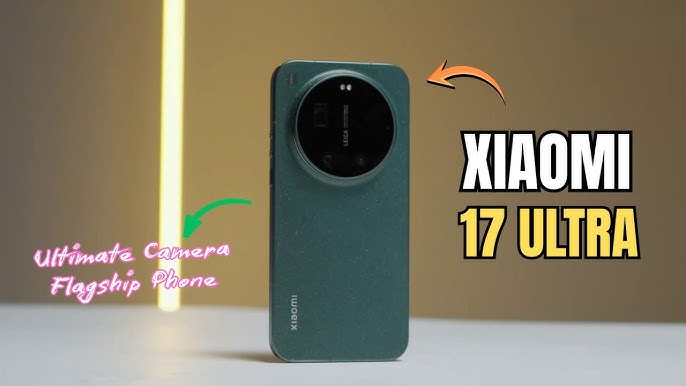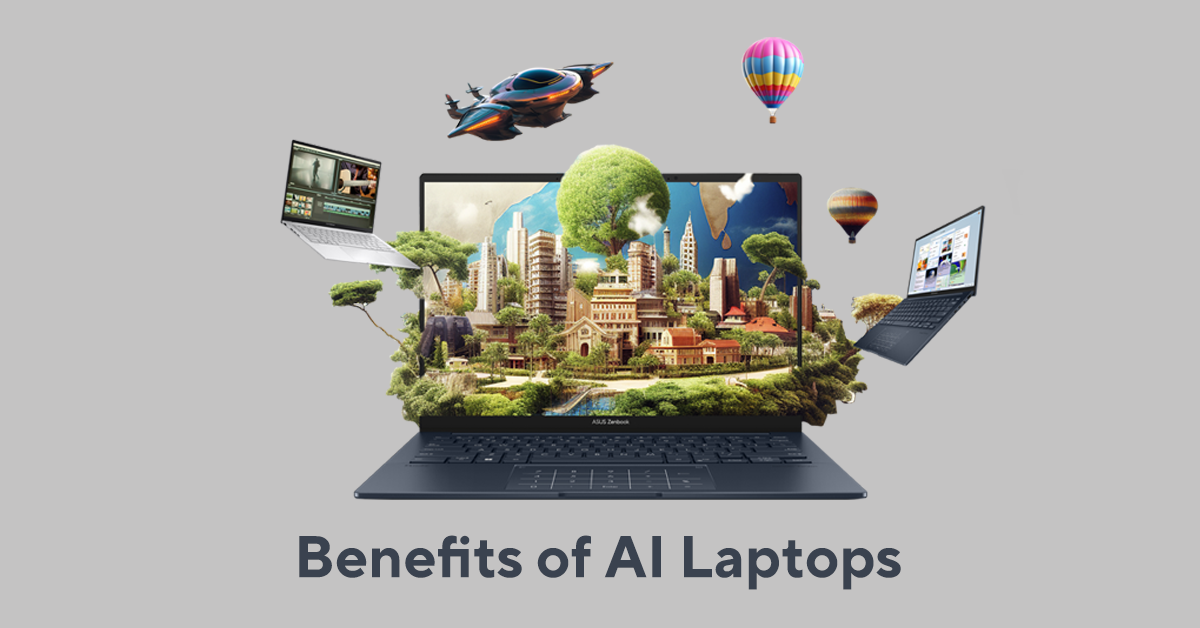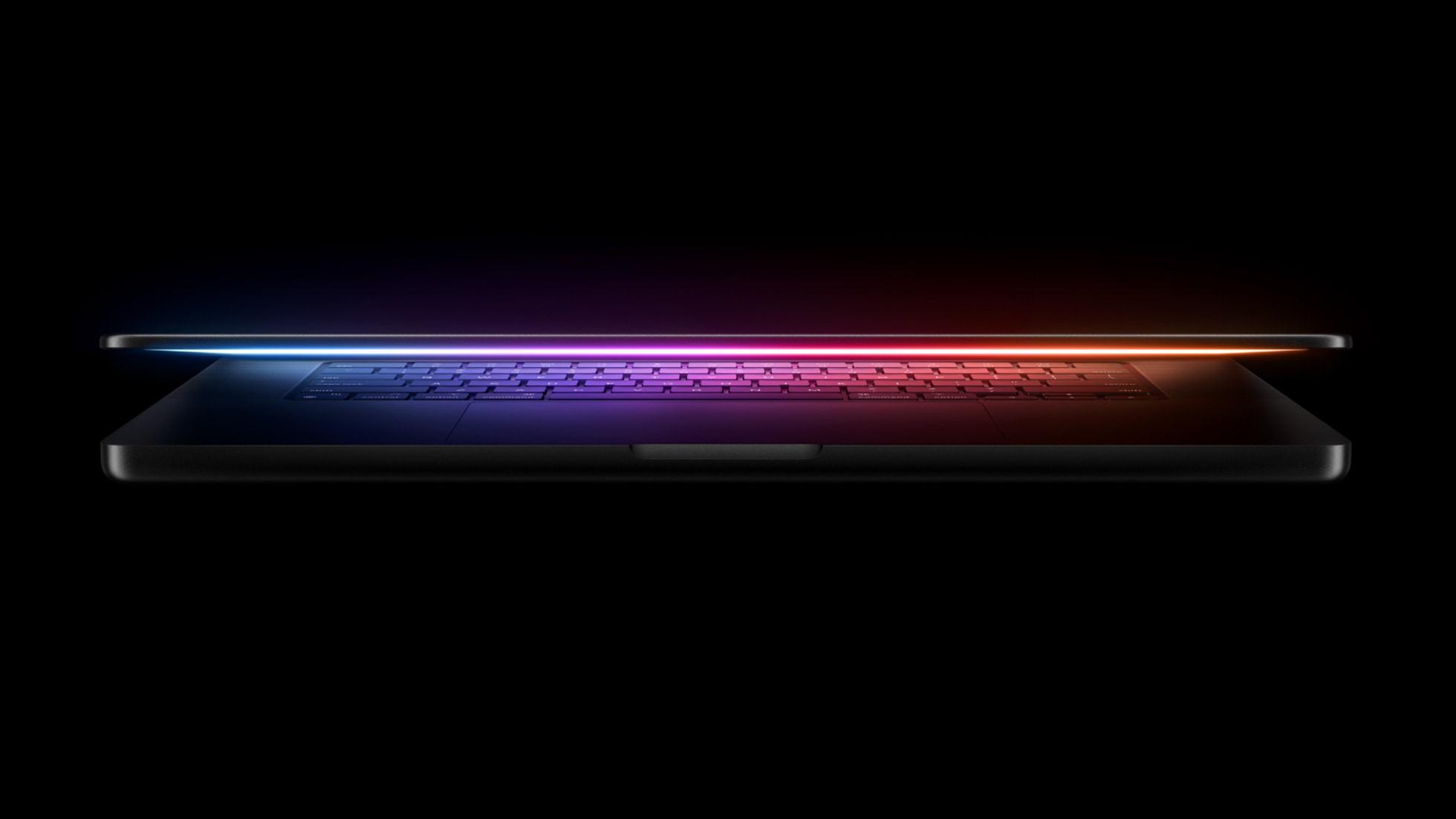Remember when your phone would barely make it through a workday? Those days might be numbered. In 2025, artificial intelligence is revolutionizing how our smartphones manage power, with results that are nothing short of impressive.
Major smartphone manufacturers are reporting battery life improvements of up to 30% thanks to advanced AI algorithms that learn your usage patterns and optimize power consumption in real-time. This isn’t just another incremental update – it’s a fundamental shift in how our devices understand and adapt to our daily routines.
The AI Battery Revolution
Smart Learning Algorithms Take Center Stage
The biggest breakthrough comes from machine learning algorithms that continuously analyze your smartphone behavior. These AI systems track everything from your favorite apps to your charging habits, creating personalized power profiles that significantly extend battery life.
Here’s what’s making headlines in 2025:
- Predictive app management that pre-loads frequently used apps while putting unused ones into deep sleep
- Dynamic CPU scaling that adjusts processor speed based on predicted usage patterns
- Intelligent display optimization that automatically tweaks brightness and refresh rates
- Adaptive charging schedules that learn when you typically charge your device
Real-World Performance Gains
Early testing shows remarkable improvements across different smartphone brands. Samsung’s Galaxy S25 series demonstrates up to 28% longer battery life compared to previous generations, while Google’s Pixel 9 Pro achieves similar gains through its enhanced AI battery optimization.
Apple’s iOS 19 introduces “Intelligent Power Mode,” which uses on-device machine learning to extend iPhone battery life by an average of 25% without compromising performance.
Advanced AI Features Transforming Battery Management
Context-Aware Power Distribution
Modern AI battery management goes beyond simple power-saving modes. These systems understand context – whether you’re at work, home, or traveling – and adjust power allocation accordingly.
For example, if you typically use navigation apps during your morning commute, the AI will ensure GPS and location services receive priority power while reducing background activity for social media apps you rarely check in the morning.
Thermal Intelligence and Battery Health
AI algorithms now monitor battery temperature and charging patterns to prevent degradation. This thermal intelligence can:
- Slow charging speeds when the battery gets too hot
- Adjust performance to maintain optimal operating temperatures
- Predict battery health decline and suggest preventive measures
- Schedule intensive tasks during cooler periods
Specifications: Leading AI Battery Technologies in 2025
| Feature | Galaxy S25 | Pixel 9 Pro | iPhone 16 Pro |
|---|---|---|---|
| AI Battery Life Improvement | 28% | 25% | 25% |
| Learning Algorithm | Samsung Intelligence | Tensor G5 AI | A18 Neural Engine |
| Adaptive Charging | Yes | Yes | Yes |
| Thermal Management | Advanced | Standard | Advanced |
| Battery Capacity | 5000mAh | 4800mAh | 4200mAh |
| Fast Charging | 65W | 45W | 30W |
Availability and Market Adoption
Current Rollout Status
AI-driven battery management isn’t limited to flagship devices anymore. Here’s the current availability landscape:
Premium Smartphones (Available Now):
- Samsung Galaxy S25 series starting at $899
- Google Pixel 9 Pro at $999
- iPhone 16 Pro beginning at $1099
- OnePlus 13 Pro from $849
Mid-Range Adoption (Q2 2025):
Major manufacturers are bringing AI battery optimization to mid-range devices, with phones like the Pixel 8a and Galaxy A55 receiving software updates that enable basic AI battery features.
Budget Segment (Expected Q4 2025):
Entry-level smartphones will likely receive simplified versions of AI battery management by the end of 2025, making this technology accessible to mainstream consumers.
The Competitive Landscape
How AI Battery Management Stacks Up Against Traditional Methods
The smartphone industry has tried various approaches to extend battery life – larger batteries, more efficient processors, and software optimizations. AI-driven management represents the next evolutionary step.
Traditional approaches vs. AI solutions:
Traditional battery saving relied on generic power profiles that treated all users the same. AI battery management creates personalized optimization strategies that adapt to individual usage patterns.
While competitors focus on hardware improvements like faster charging or bigger batteries, the real innovation lies in intelligent software that maximizes existing hardware capabilities.
Industry Impact and Future Trends
Battery anxiety has been a persistent smartphone pain point since the iPhone’s debut. AI-driven management addresses this fundamental issue without requiring users to change their behavior or compromise on features.
Industry analysts predict that by 2026, over 80% of smartphones will include some form of AI battery optimization, making it a standard feature rather than a premium selling point.
The technology is also paving the way for new device categories like always-on smart glasses and extended-reality headsets that require intelligent power management to be practical for daily use.
FAQ
Some features can be added through software updates, but the most advanced AI battery optimizations require dedicated neural processing units found in newer chipsets. Phones from 2023 and later are most likely to receive meaningful AI battery improvements through updates.
No, modern AI systems are designed to maintain performance while optimizing power consumption. The algorithms learn your usage patterns and only reduce performance for apps and features you’re not actively using. Most users report improved overall experience rather than performance degradation.
Results vary based on your usage patterns and smartphone model. Most users see 20-30% improvement in daily battery life, with the biggest gains for people who use their phones heavily throughout the day. Light users may notice smaller improvements but will benefit from better long-term battery health.
The Future of Smartphone Power Management
AI-driven battery management represents a fundamental shift in how smartphones handle power consumption. Instead of forcing users to adapt to their device’s limitations, these intelligent systems adapt to user behavior.
The 20-30% battery life improvements we’re seeing in 2025 are just the beginning. As AI algorithms become more sophisticated and learn from larger datasets, we can expect even greater efficiency gains.
For smartphone users, this technology means fewer moments of charging anxiety and devices that truly understand how you use them. Whether you’re a power user who needs all-day performance or someone who wants their phone to last through weekend adventures, AI battery management is making smartphone ownership more convenient than ever.
The best part? This is just the start. As AI continues to evolve, our smartphones will become even smarter about power management, potentially making daily charging a thing of the past within the next few years.
I'm Salim, the creator and tech enthusiast behind this website. My passion for technology has been a lifelong journey, fueled by a deep curiosity about how things work and a desire to explore the latest gadgets and innovations that shape our world.





